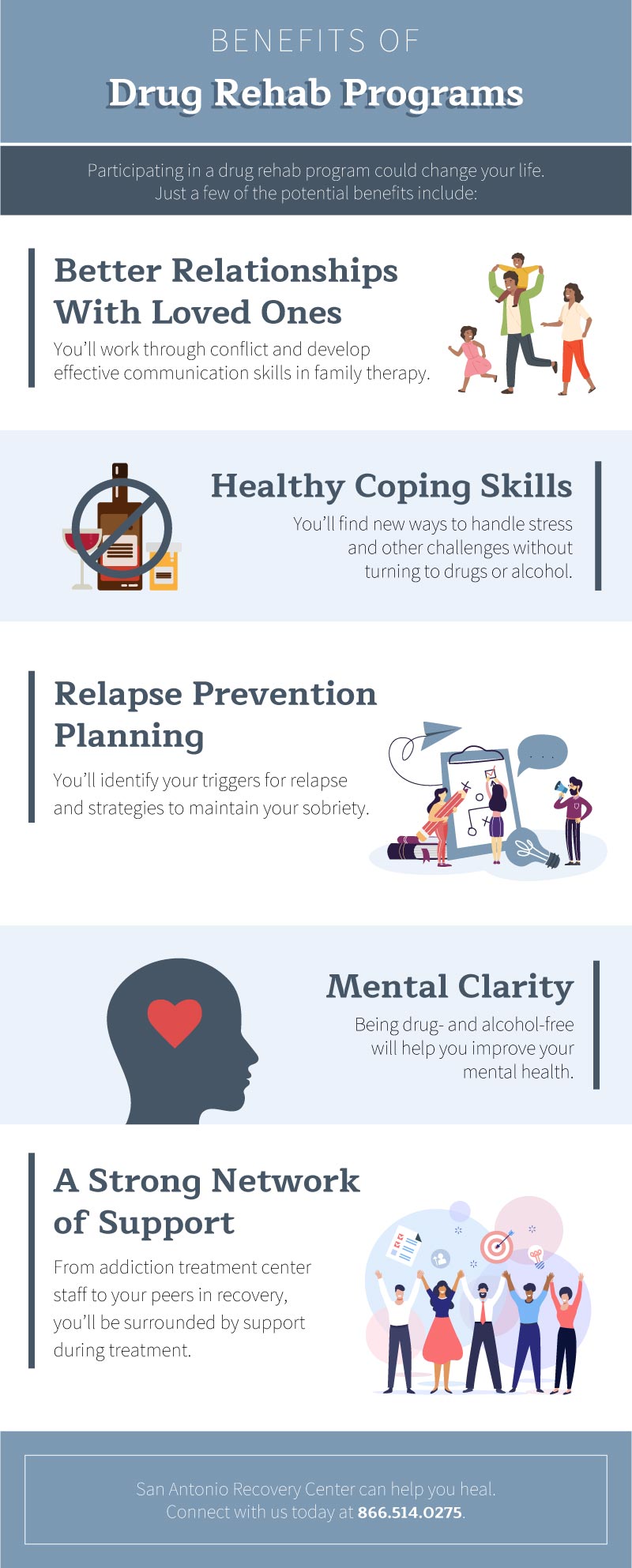Discover Effective Treatments at a Certified Addiction Treatment Center
Discover Effective Treatments at a Certified Addiction Treatment Center
Blog Article
Browsing the Trip of Detoxification in the Comprehensive Addiction Treatment Program
Getting started on the path of detoxification within the structure of a comprehensive dependency therapy program is a crucial phase in the journey in the direction of healing. The procedure of cleansing holds a considerable duty in damaging the physical reliance on materials and preparing the person for the succeeding stages of treatment. Navigating through detoxing is not just a matter of physical cleansing; it entails a complicated interaction of psychological, psychological, and social variables that need mindful consideration and support. As individuals come to grips with the challenges of withdrawal symptoms and the uncertainties that exist in advance, having a robust assistance and an organized strategy system in position becomes extremely important. In this discussion, we will discover the diverse aspects of cleansing within the detailed addiction therapy program and lost light on the vital elements that form this transformative journey towards healing.
Value of Detoxification in Healing

Cleansing sets the foundation for the remainder of the dependency treatment program by preparing the person for more therapy and counseling. By cleansing the body of substances that have been clouding judgment and impacting habits, detox allows individuals to approach their healing with a more clear mind and more powerful emphasis.
In addition, cleansing aids in taking care of the possibly serious withdrawal symptoms that may occur when medication or alcohol usage is quit. Doctor carefully keep an eye on individuals during detoxification to ensure their security and provide necessary assistance. Via this process, people can begin their journey in the direction of soberness with a maintained mental and physical state, boosting the chance of a successful healing.
Recognizing the Detoxification Process
Detoxing, a fundamental component of addiction therapy programs, involves a structured procedure focused on securely getting rid of harmful compounds from the body to facilitate an effective recuperation trip. The detox procedure normally begins with an assessment to assess the person's compound usage history, physical health and wellness, and psychological wellness. This examination helps medical care experts identify one of the most proper detox strategy tailored to the person's needs.
During detox, the body experiences withdrawal as it gets used to the lack of the compound. Withdrawal signs vary depending upon the type of compound made use of, the period of use, and specific elements. Clinical guidance during detoxification is critical to take care of withdrawal signs and guarantee the person's safety and security and convenience.

Handling Withdrawal Symptoms

Medications might be used to ease certain withdrawal signs and symptoms and reduce pain. Medicines like methadone or buprenorphine can help manage opioid withdrawal signs, while benzodiazepines might be used for alcohol withdrawal. It is vital for health care carriers to carefully keep an eye on the individual's action to these drugs to guarantee their security and effectiveness.
In addition to medicinal treatments, encouraging therapies such as counseling, peer support system, and all natural techniques like mindfulness reflection or yoga exercise can aid individuals handle the mental and psychological obstacles of withdrawal. By dealing with withdrawal symptoms thoroughly, healthcare carriers can boost the detoxification experience and support individuals on their trip to recuperation.

Support Solutions During Detoxification
Assistance systems play a vital duty in providing social and emotional aid to individuals undergoing detoxing in addiction therapy programs. During the detoxification procedure, people commonly experience a variety of physical and mental withdrawal symptoms, making this phase tough - Addiction Treatment Center. Having a strong support group in position can substantially impact the person's ability to browse through detox efficiently
Household members, buddies, support system, and health care specialists are important parts of the assistance system. Family members members and close friends can provide inspiration, understanding, and a sense of belonging throughout this tough time. Support system provide a platform for people to link with others that are undergoing similar experiences, using a sense of area and shared understanding. Medical care specialists, including counselors, physicians, and therapists, play a crucial role in checking the individual's development, giving clinical support, and offering assistance throughout the detoxification process.
Looking Ahead: Life After Detox
Having actually efficiently completed the cleansing phase, people in dependency therapy programs now focus on planning for the challenges and possibilities content that lie in advance in their trip towards healing. Life after detoxification notes a crucial shift period where individuals need to remain to improve the progression made during detox to maintain their sobriety. It is vital for individuals to recognize that the journey towards recovery is recurring and needs commitment, commitment, and a willingness to welcome change.
One trick aspect of life after detoxification is the development of coping mechanisms to deal with triggers and desires that might arise. This might involve finding out new skills, such as mindfulness methods, cognitive-behavioral strategies, and tension monitoring approaches, to browse tough scenarios without considering substance usage. Furthermore, individuals are motivated to actively involve in ongoing treatment, support system, and aftercare programs to enhance their assistance network and obtain guidance as they browse the complexities of life post-detox.
Conclusion
In final thought, cleansing is a vital part of the comprehensive dependency therapy program. Recognizing the detoxification process and managing withdrawal symptoms are important steps towards recuperation. Support systems play a significant function during this difficult trip. Addiction Treatment Center. Looking in advance, life after detoxification holds pledge for a much healthier, substance-free future. It is very important to recognize the value of detoxification in the process of conquering addiction and moving in the direction of a life of soberness.
Medical guidance throughout detoxification is important to manage withdrawal symptoms and make sure the individual's safety and security and convenience.
By recognizing the detox process and its significance in breaking the cycle of dependency, people can get started on a course in the direction of lasting recovery.
Throughout the detox process, people commonly experience an array of physical and emotional withdrawal signs, making this phase difficult. Healthcare experts, including doctors, therapists, and therapists, play a critical function in keeping track of the person's development, giving medical support, and using assistance throughout the detoxification process.
Life after detox notes a crucial change duration where individuals should continue to build on the progression made during detox to preserve their soberness.
Report this page